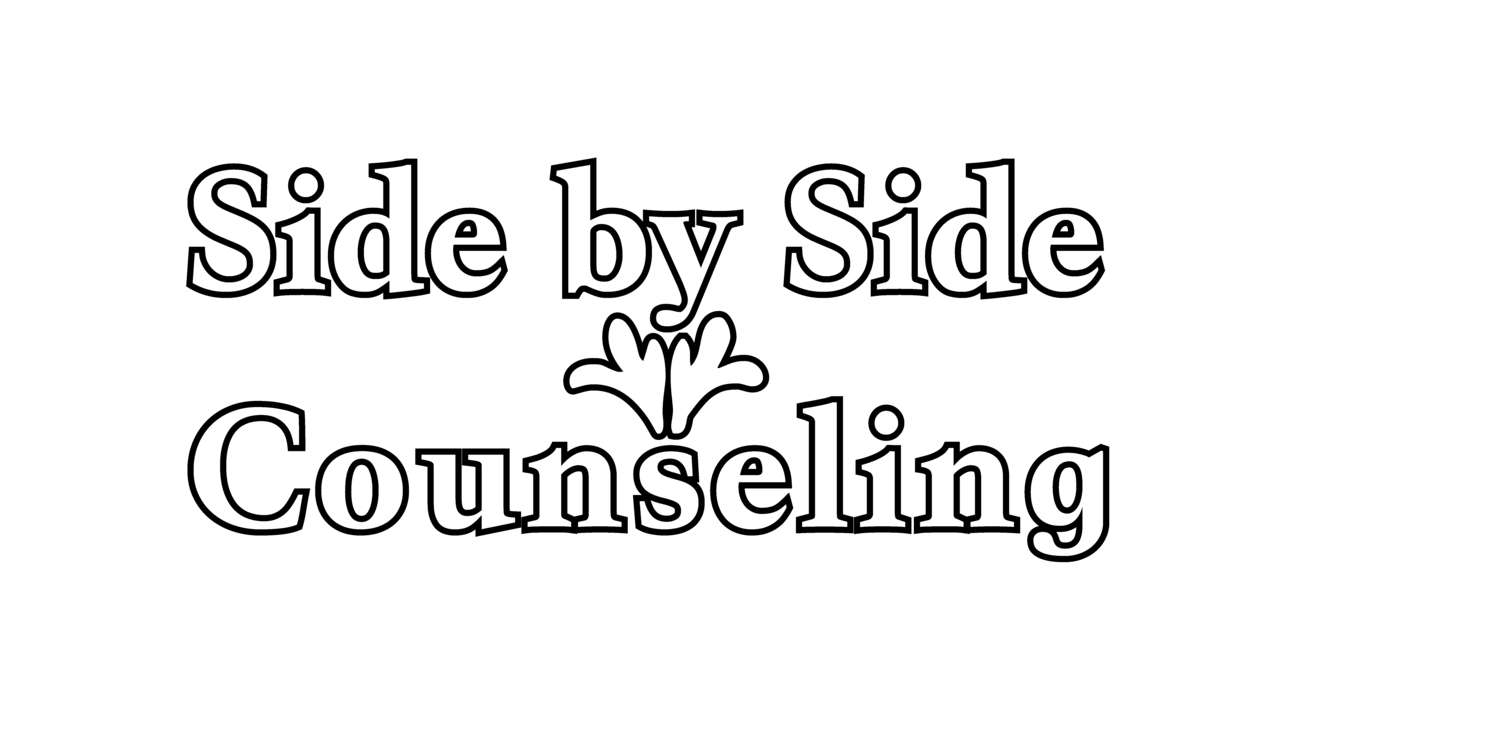Oppenheimer and the (very indirect) Case for Therapy
July 28, 2023
It may seem like a stretch to argue that the movie Oppenheimer makes a case for the value of therapy, but hear me out. The movie explores the intersection of politics, science, and history through the lens of one of the most powerful and complex men of the 20th century – J. Robert Oppenheimer. Oppenheimer was a physicist who directed the design of the atomic bombs dropped on Hiroshima and Nagasaki in 1945, but who later advocated for arms control.
Oppenheimer began his career as an academic, and even while designing and building the bomb, seemed oblivious to the horrors which could be unleashed. He was later haunted by the unintended consequences of his actions.
It may be coincidental that this movie was released during the hottest summer on record, when fears about the destruction of our planet abound, and when science and politics remain intractably linked. But there are some similarities between the Oppenheimer story and climate change. Climate change began as an unintended consequence of burning fossil fuels. Oppenheimer built the bomb as a deterrent to an enemy attack – not with the goal of using it.
The main problem with unintended consequences is that they’re hard to predict. How do you prepare for something you can’t imagine? Another problem is that even if something was unintended, we’re still responsible for the outcome. Therapists often talk about “intent vs. impact.” Just because we don’t mean to hurt someone, doesn’t mean they weren’t hurt.
So what’s a person to do? Taking the time to reflect on the past, talking through decisions with others, and looking at situations from multiple perspectives can prevent some unintended consequences, and can teach us to manage them when they do occur.
Therapy is useful for all these things. With therapy, we examine the past, talk through decisions, and practice looking at situations from multiple perspectives. Therapy teaches us to be accountable to others, and to ourselves. Therapy also reminds us that people aren’t all-good or all-bad, that we can make mistakes – even really big ones – and still move forward in our lives.
I doubt Christopher Nolan, who directed the movie, intended for it to be a plug for therapy, but unintended consequences can also be good. We can’t predict the future, but we can definitely use history to inform the present.
